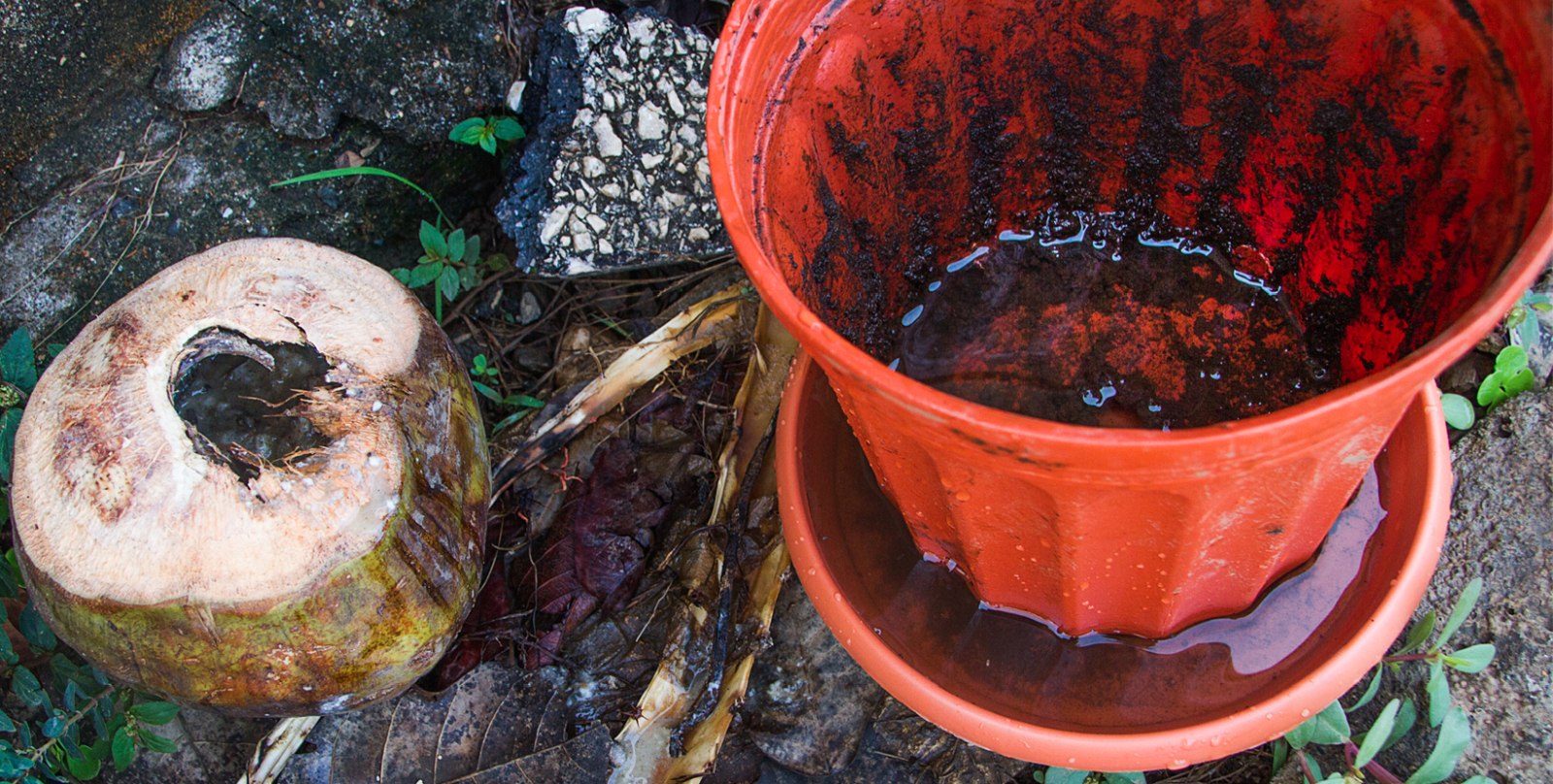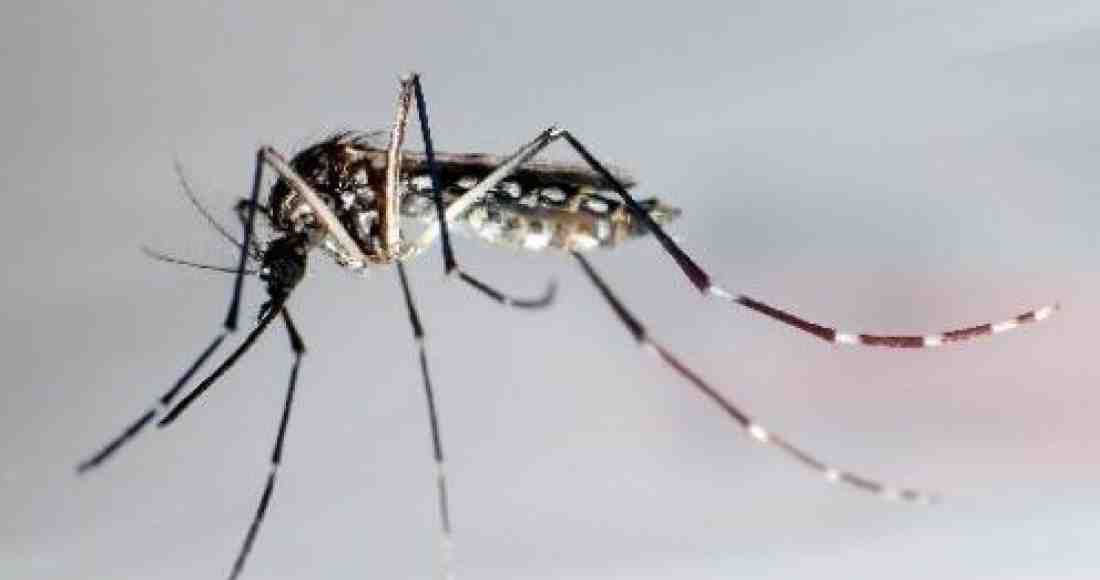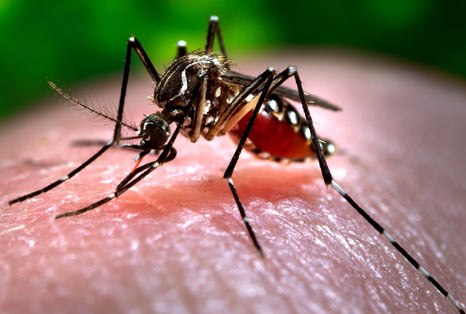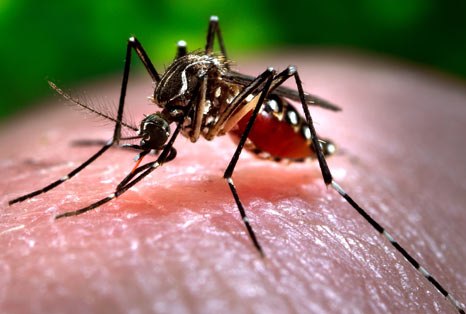
With the arrival of the rains, the Ministry of Health is taking precautions to combat disease outbreaks that hit the weakest people most often. In Nicoya, the two most common health problems are dengue and diarrhea.
Mario William Acosta, a Ministry of Health representative, explained that a preventative campaign has already started, consisting of visiting communities that have had the highest incidence rates for those diseases and determining which are at risk. “We have a preventative plan of operations, a vector team that is going door to door to map out the places with the highest risk. There are three types of scenarios: an organic agent, which are communities that haven’t had dengue and do not have the vector [mosquitos], those that have had dengue but don’t have the vector, and those that have dengue and the vector – those communities are the priority.”
Acosta indicated that Nosara is being closely watched, as it has a high risk. “Nosara is a community that we are focusing on, because we believe that at any moment a wave of dengue can break out there. Part of the campaign is going door to door to eliminate [dengue vector mosquito] hatcheries and maintaining constant vigilance.”
Other high-risk communities include San Martin and Barrio Los Angeles, where high disease incidence rates were seen last year.
Other institutions are joining in the campaigns, such as the Municipality of Nicoya, MOPT, and universities.
Nicoya records 850 cases of diarrhea this year-to-date
Another alert Health is stressing to the population is the preventing cases of diarrhea, which increase at the beginning of the rainy season.
“It’s important to mention measures to prevent diarrheas, such as washing hands with soap and water before and after going to the bathroom and washing fruits before eating them. It’s important that teachers encourage hand washing every day upon entering classes, and wearing shoes, especially for children. It’s important to use clean water, keep houses and yards clean, and handle trash properly.”
Acosta said that in the first months of 2014, 850 cases were recorded at La Anexion Hospital. He explained that following Health’s suggestions is obligatory, as penalties and even prison time could be used to punish infractions of the trash and waste disposal laws.
Currently, legislation exists that was presented in 2013 to Congress by the ex-Minister of Health, with the purpose of clarifying penalties for breaking those laws, though the bill has still not been discussed in Congress.
For Acosta, it would be best to pass the law by executive decree, which would make the process easier. “For me it should be implemented by a decree, because the waste law establishing penalties already exists. However, a clear process indicating how and who to charge with regard to garbage on public roads does not exist, because clear mechanisms to charge don’t exist. But that is a matter for the compliance and political realm; we are more doers,” said the official.







Comments